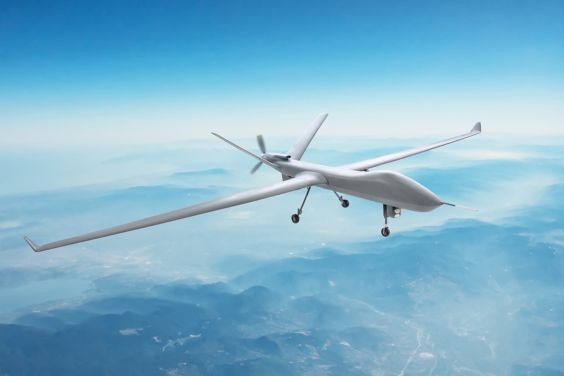Rolls-Royce and UK Space Agency launch first ever study into nuclear-powered space exploration

Image courtesy Rolls-Royce
This new research contract will see planetary scientists work together to explore the game-changing potential of nuclear power as a more plentiful source of energy, capable of making possible deeper space exploration in the decades to come.
Nuclear propulsion, which would involve channelling the immense energy released in splitting the atom to accelerate propellants, like hydrogen, at huge speeds, has the potential to revolutionise space travel.
By some estimates, this kind of engine could be twice as efficient as the chemical engines that power our rockets today. Spacecraft powered by this kind of engine could, conceivably, make it to Mars in just three to four months – roughly half the time of the fastest possible trip in a spacecraft using the current chemical propulsion.
Nuclear space power is anticipated to create new skilled jobs across the UK to support the burgeoning UK space economy.
Science Minister Amanda Solloway said: “As we build back better from the pandemic, it is partnerships like this between business, industry and government that will help to create jobs and bring forward pioneering innovations that will advance UK spaceflight.
“Nuclear power presents transformative possibilities for space exploration and this innovative study with Rolls-Royce could help to propel our next generation of astronauts into space faster and for longer, significantly increasing our knowledge of the universe.”
Dr Graham Turnock, Chief Executive of the UK Space Agency, said: “Space nuclear power and propulsion is a game-changing concept that could unlock future deep-space missions that take us to Mars and beyond.
“This study will help us understand the exciting potential of atomic-powered spacecraft, and whether this nascent technology could help us travel further and faster through space than ever before.”
Dave Gordon, UK Senior Vice President, Rolls-Royce Defence said: “We are excited to be working with the UK Space Agency on this pioneering project to define future nuclear power technologies for space. We believe there is a real niche UK capability in this area and this initiative can build on the strong UK nuclear network and supply chain.
“We look forward to developing this and other exciting space projects in the future as we continue to develop the power to protect our planet, secure our world and explore our universe.”
It would not just mean a time saving – it would also radically reduce the dose of radiation taken on by astronauts that would be making future trips to Mars or other planets. The size of the dose increases the longer you spend in deep space, away from the bubble of protection given by the Earth’s magnetosphere.
The appeal of a small nuclear power generator for propulsion also comes from the fact that power in space becomes increasingly precious with distance from the Sun. In the outer solar system, sunlight gets too dim for solar panels and other technologies like fuel cells are often too patchy as a source of energy.
Nuclear propulsion is an idea that has existed since the 1950’s, when the United States attempted to develop a rocket propelled by small atomic bombs tossed out the back.














